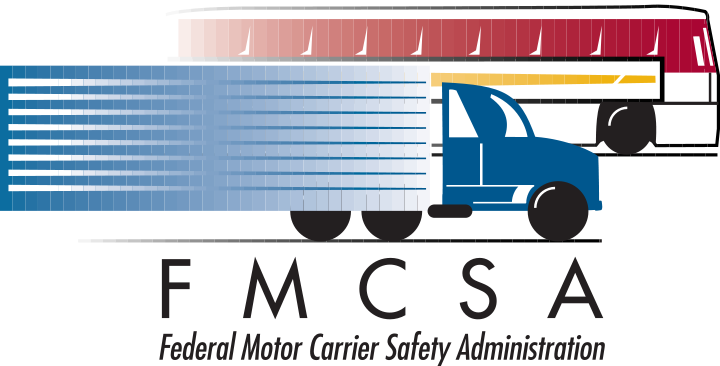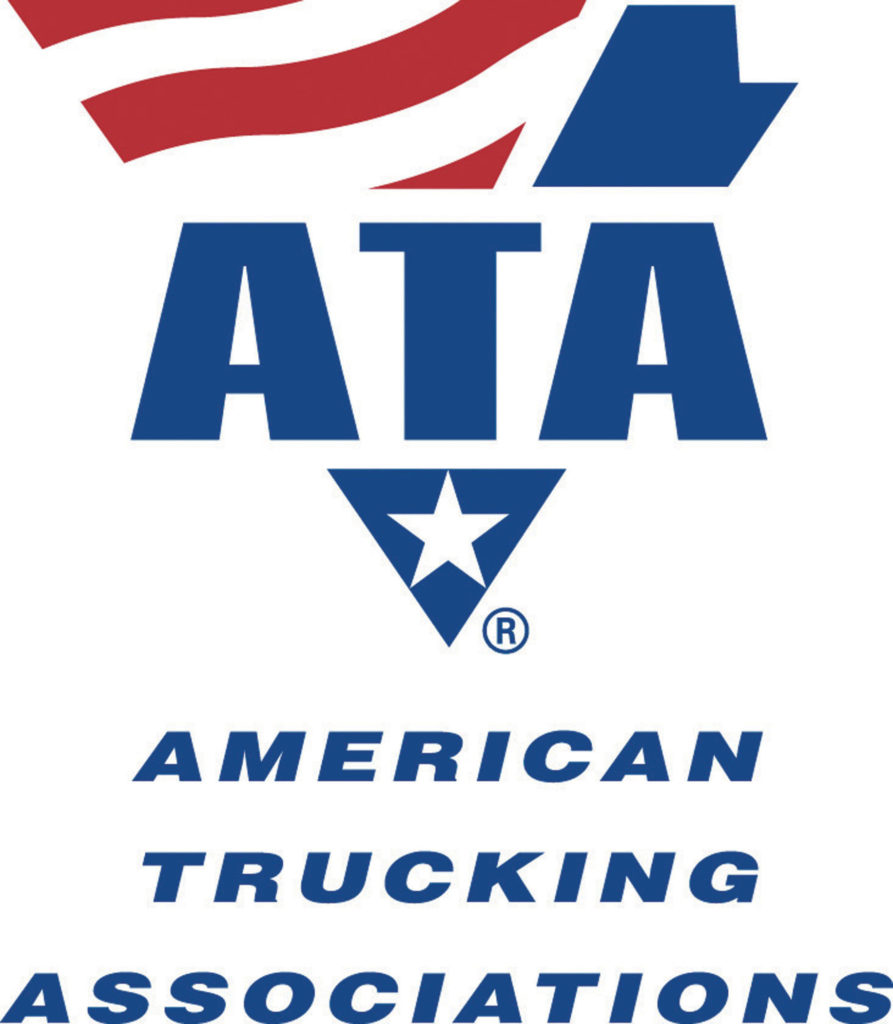The FMCSA (Federal Motor Carrier Safety Administration) has proposed to pilot-test a program that would determine just how preventable certain types of “less complex” truck related crashes truly are. The program’s findings could eventually result in removing certain non-preventable crashes that would otherwise count against a carrier’s crash-indicator score.
Requests for Data Reviews (RDRs) would be accepted during the demonstration program that seek to establish the non-preventability of certain crashes through the national DataQs data-correction system. These RDRs would be accepted when documentation establishes that a crash was not preventable by the motor carrier or commercial driver. 
pffoce pf Enforcement and Compliance has said that this pilot test may run for about two years, and that a 60 day comment period on the proposal will begin once it is published in the Federal Register, sometime within the next few days.
The FMCSA proposal will allow carriers to challenge crashes in which there is evidence that the truck itself is not at fault, such as in the case of another motorist driving while impaired, driving a vehicle in the wrong direction, or colliding with the rear of a properly parked truck. Animal strikes, highway infrastructure failure or “suicide by truck” will also be included.
DeLorenzo told reporters that “interesting feedback” from a recent FMCSA study on the feasibility of using a motor carrier’s role in crashes as part of the assessment of its safety lead to the development of the proposed pilot progam.
The Study that Mr. DeLorenzo mentioned assessed:
- whether police accident reports provide sufficient, consistent, and reliable information to support crash-weighting determinations.
- If a crash-weighting determination process would offer stronger, more accurate predictions of crash risk than overall crash involvment in the SMS (Safety Measurement System).
- How can FMCSA manage a process for making crash-weighting determinations that would include public input.
DeLorenzo asserts that the FMCSA looked at the issues raised by the study, including input from those “who talked about crashes that are easier to determine as non-preventable and then take off a carrier’s…record.” The FMCSA would also like to consider more than the police reports when making a determination on the preventablity of a crash, or in deciding that a determination could even be made one way or the other. The agency would not rule out using video captured in the truck as documents that could be reviewed.
Mr. Delorenzo feels that over the course of the 2 year program the agency could review the impact of this approach on the agency, industry and carriers and “put some meat on” the FMCSA’s research before deciding how to move forward with the program.
The ATA (American Trucking Associations ) have quickly endorsed the proposal, with President and CEO Bill Graves stating: “Since FMCSA began using crash history to rate motor carreir’s safety, ATA has argued that crashes a driver could not have prevented shouldn’t be counted on a carrier’s safety record.”
) have quickly endorsed the proposal, with President and CEO Bill Graves stating: “Since FMCSA began using crash history to rate motor carreir’s safety, ATA has argued that crashes a driver could not have prevented shouldn’t be counted on a carrier’s safety record.”
Mr Graves stated that he feels the project is “a step toward that goal and we appreciate FMCSA adopting ATA’s call to provide a way for carriers to strike these tragic, but non-preventable crashes from their record.
“ATA hopes this demonstration project is a step toward a more robust and complete system for carriers to dispute and ultimately strike crashes that were not the fault of the commercial driver…We look forward to monitoring FMCSA’s progress as they advance this important program. By improving crash accountability and data, FMCSA can improve the performance and accuracy of the CSA monitoring system – a goal ATA wholeheartedly supports.”
The FMCSA has uploaded the notice on the proposal that they plan to publish in the Federal Register. It can be found here.
